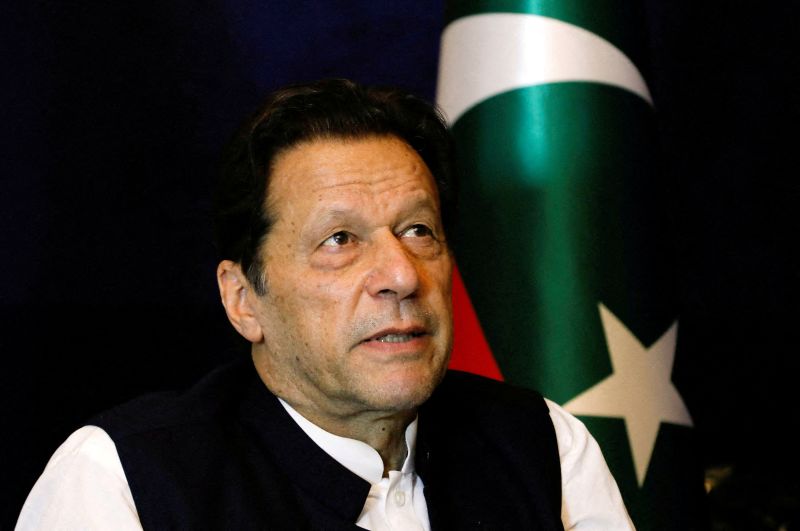In a shock result that surprised political analysts across the globe, allies of the incarcerated former premier, Khan, have come out on top in the recent Pakistan elections. Winning the highest number of seats, this outcome demonstrates an unexpected triumph that further disrupts the already fragile balance of power in the South Asian nation.
The jailed ex-leader is presently facing a barrage of corruption-related charges, yet despite his predicament, his party has achieved a remarkable milestone that highlights the influence he continues to wield – even from within prison walls. This display of resilience and unyielding support challenges the status quo, implying large portions of Pakistan’s population still view Khan and his allies as their preferred leadership.
These elections took place against a backdrop of intense political rivalry, with predictions tilting in favor of the ruling party. However, the results tell a different tale altogether. Khan’s allies have overthrown these forecasts, prompting a revaluation of the political landscape in Pakistan by both local and international observers.
The incarcerated ex-leader’s party, founded by Khan himself, has been a key player on Pakistan’s political stage for years. Recently, the party has managed to echo its founder’s charisma and commitment to the nation, offering a platform that still believes in his leadership. Though Khan is in prison, his narrative of anti-corruption and the promise of a progressive Pakistan continues to resonate with the masses, as is evident from the election results.
The majority of voters seem to have chosen Khan’s allies for their comprehensive policies and passionate stance against government misconduct. Despite the formidable opposition and outright character assassination of Khan, their win signifies a significant portion of the electorate has chosen to back the party’s vision.
In addition, Khan’s party’s victory is not just a triumph of ideology but also a strategic accomplishment. Their win came after a thorough campaign where they outlined a compelling blueprint for a stronger, more successful Pakistan. This instilled a sense of hope amongst voters, proving to be an influential factor in the outcome.
However, these results have also led to heated debates among political pundits. Some argue this victory demonstrates a divide between the urban elites and rural masses, with the latter continuing to support Khan’s party out of economic despair or a deeply ingrained belief in his innocence.
Meanwhile, others claim that the win is indicative of Khan’s enduring charisma and his ability to inspire loyalty among vast sections of society. While external accusations of corruption have tainted his personal image, his lasting popularity with certain segments of the population ensured this surprise victory for his allies.
Despite Khan’s physical absence from the political landscape, the successful outcome for his allies in the new Pakistani election underscores their resilience, resolve, and continued relevance in political discourse. The shock results not only show voters’ faith in the incarcerated ex-leader’s vision but also bring to light the appeal of his party’s transparent and progressive policies and its continued promise of a brighter future for Pakistan. Ultimately, this unexpected triumph serves as a powerful reminder that political dynamics are far from predictable, especially in a vibrant and challenging democracy like Pakistan.




